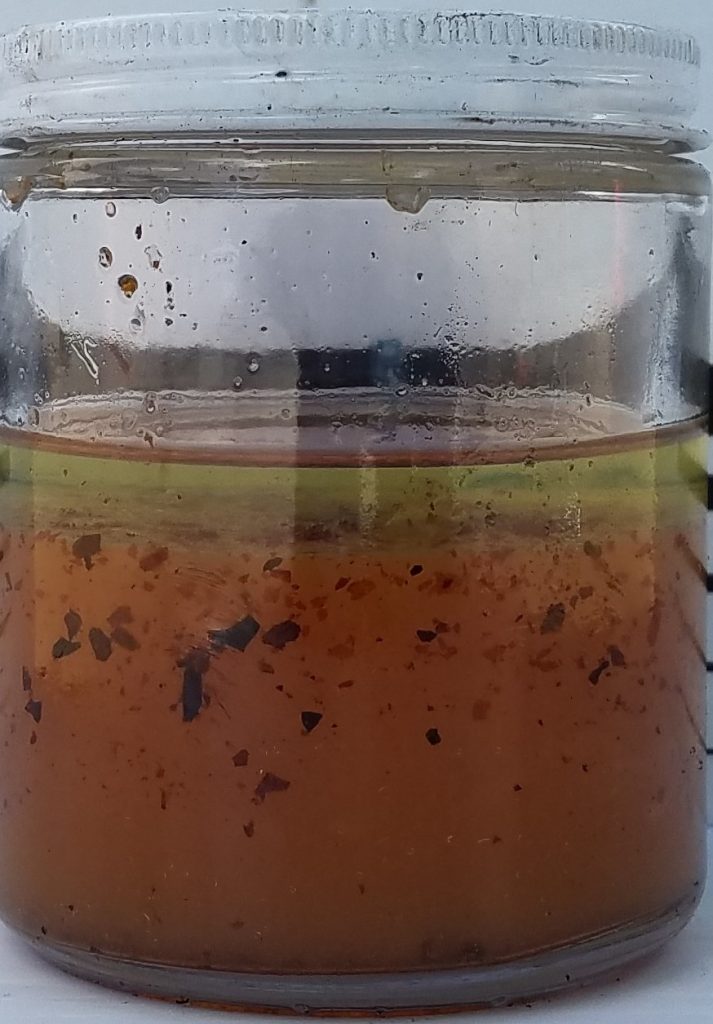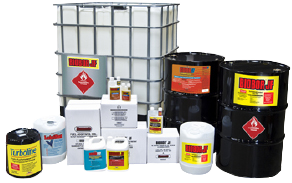Poor Fuel Quality in Fuel Storage Systems: Causes and Consequences
It’s Groundhog Day again! Do you ever feel this way when it comes to fuel quality management? Do you ever ask yourself, “Why do I keep having operational issues?” When it comes to fuel storage systems, fuel quality management is key to ensuring safe and reliable operation. Poor fuel quality can have serious consequences for an engine or other mechanical system, leading to expensive repairs and lost productivity. In this blog post, we’ll discuss the causes of poor fuel quality in a fuel storage system and the possible consequences of neglecting fuel quality management.
Causes of Poor Fuel Quality
One of the most common causes of poor fuel quality is water. Water can find its way into fuel tanks from condensation, from malfunctioning tank seals, tank leaks and transportation errors. Additionally, fuel tanks are not designed with sufficient access for cleaning, resulting in water accumulation in the bottom of the tank, often remaining undetected for long periods of time. This increases the risk of fuel deterioration, as water will break down additives in the fuel and degrade the fuel resulting in a reduced shelf-life. Water is also the big contributor to microbial contamination. The more water, the more potential for serious microbial influenced corrosion.

Particulate contamination is another common problem associated with fuel storage systems. Particulate matter will make its way into fuel tanks through defects in the fuel system, during refueling and through the tank vent. As particulate matter accumulates in a fuel system, it will accumulate providing a place for water and bacteria to form a sludge layer which can further damage the fuel and fuel system Any equipment using the fuel will result in fuel injector damage, reduced engine power, and increase maintenance costs.
Poor fuel system construction can also lead to poor fuel quality. An improperly designed fuel storage system can attribute to pockets of stagnant fuel which lays dormant. This will result in a decrease in fuel quality over time, as the fuel degrades.
Finally, some fuels have very short shelf-lives. This means that they have already started to deteriorate upon delivery, even when stored properly and without water or contaminants present. Therefore, it is important to understand the shelf-life of the fuel being used and take steps to minimize its degradation.
Consequences of Poor Fuel Quality
The consequences of poor fuel quality in a fuel tank system can be serious and wide-reaching. The most obvious consequence is the corrosion of fuel systems, which can result in the complete breakdown of fuel storage components and equipment. Without proper protection with regular fuel cleaning and the use of Biobor additives, fuel contamination can cause a host of common fuel system problems associated with contamination. This includes substandard fuel, clogged fuel filters, blocked fuel lines, and potentially even an engine failure due to fuel contamination.
Prevention and Mitigation of Poor Fuel Quality
In order to protect fuel systems and equipment from these types of consequences, it is essential to regularly clean the fuel tanks and lines and ensure that fuel quality is maintained. Fuel cleaning can help to remove contaminants such as water, rust, dirt, and other foreign particles that may have entered the tank or fuel lines. Fuel filtration or polishing, involves using specially designed filters to trap and remove any contaminants from the fuel. Cleaning the fuel tank and lines on a regular basis will help protect against costly repairs, equipment failures, and other major issues associated with poor fuel quality.
Regular cleaning of the fuel tank will reduce the buildup of sediment, sludge, and microbial contamination. While fuel cleaning is an essential part of fuel quality management, so is the regular use of quality fuel additives and a fuel biocide. Implement a fuel quality management program which includes monitoring the quality of the fuel over time and maintaining the system and fuel resulting in a lower maintenance costs and better fuel.
Biobor Fuel Additives will help mitigate fuel quality issues, remediate degraded fuel and extend the shelf-life of the fuel. Biobor JF fuel biocide should be used regularly to kill any microbial contamination present, preserve the fuel and reduce corrosion in the fuel system. Use Biobor DC in your diesel fuel. It is a multifunctional fuel conditioner designed to enhance the stability and operability of diesel. It will enhance the performance and life of diesel while protecting and cleaning vital engine components. Use Biobor EB in your gasoline and ethanol fuel blends. It is specially formulated to combat the negative effects of ethanol in fuel. It will increase engine performance, efficiency and fuel stability. By taking these proactive steps, the risk of poor fuel quality will be greatly reduced.

My diesels love this stuff. Over 15 years of marine use and the engines have never had fuel issues.
Gary Eckert
Share the Post








